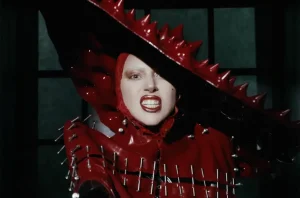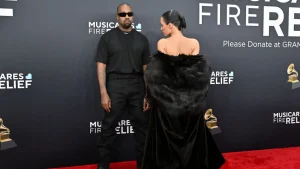
Artificial intelligence made tremendous strides in 2023, ushering in new capabilities like ChatGPT’s natural conversation. However, 2024 may see a legal reckoning as copyright issues arise from AI’s training on vast amounts of digital content.
Creators ranging from bestselling authors to comedians have filed class action lawsuits against tech giants, claiming their works were used without permission to develop AI. Visual artists, music publishers, and news organizations like the New York Times have also taken legal action. At the heart of these cases is whether utilizing copyrighted materials to teach machines constitutes fair use.

Companies like Microsoft, Meta, and Andreessen Horowitz-backed OpenAI have hired top law firms to defend AI training as analogous to human learning. As a child absorb language from everyday exposure, they argue models learn by processing immense volumes of text. However, copyright holders counter that the value generated from their professional works warrants substantial licensing fees.
A key test case is unfolding between Thomson Reuters and Ross Intelligence. Reuters accused Ross of copying thousands of legal summaries from its Westlaw database to develop a search engine, potentially violating copyright. A judge has allowed the case to proceed to trial, where the jury may tackle questions around fair use and set an early precedent.

Should adverse rulings emerge, AI proponents warn innovation could stall if copyright liability weighs heavily on research. However, creators insist their ownership rights deserve respect given technology companies’ commercial success. As the industry matures, 2024 may see copyright law struggle to keep pace with AI’s swift progress – with major implications for its future development.






